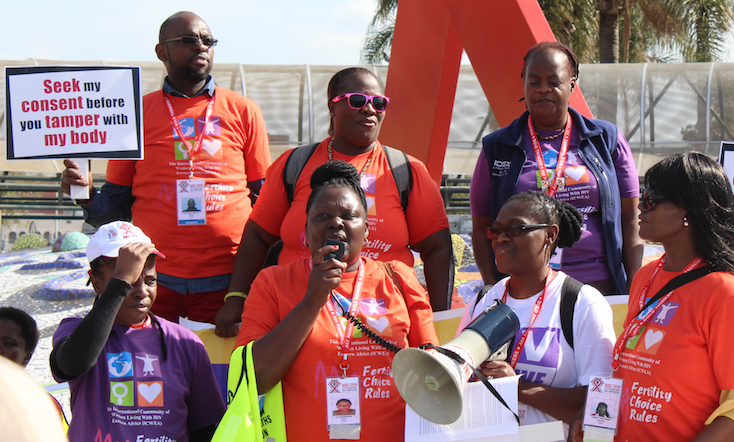Studies by the World Health Organisation (WHO) and UNFPA show that disruption, denial, and/or unavailability of contraceptive supplies; judgmental or biased treatment based on reproductive status or choices; coercive FP counselling; forced sterilization; verbal or physical abuse by providers and health centre staff pose barriers to reproductive health care access[1].
Studies by the International Community of Women living with HIV and AIDS (ICW) in India found that HIV positive women using reproductive health services were pinched, punched and scolded by health workers during procedures because of their HIV status. Violence againstwomen living with HIV is also reported on the labour ward. Women living withHIV were being told to wait until all other women had been delivered. One womanwas told by a health care worker: ‘If I touch you and then I deliver other women’s children, the virus will be transmitted to them. I just do not carewhat you go through’[2]. These are just some examples of the many reproductive health violations reported by women living with HIV in both developed and developing countries.

Call to Action:
Join the Campaign, Orange the World, End Violence Against Women. Join us at #WLHIVSPEAKOUT; Join the Global Campaign (Orange the World, #HearMeToo)
[1]Hale, F., Vazquez, M., (2011). Violence Against Women Living with HIV/AIDS: A Background Paper. Accessed at:
http://salamandertrust.net/wp-content/uploads/2012/12/ VAPositiveWomenBkgrdPaperMarch2011.pdf [Accessed 16 May 2017]
[2]Hale, F., Vazquez, M., (2011). Violence Against Women Living with HIV/AIDS: A Background Paper.



